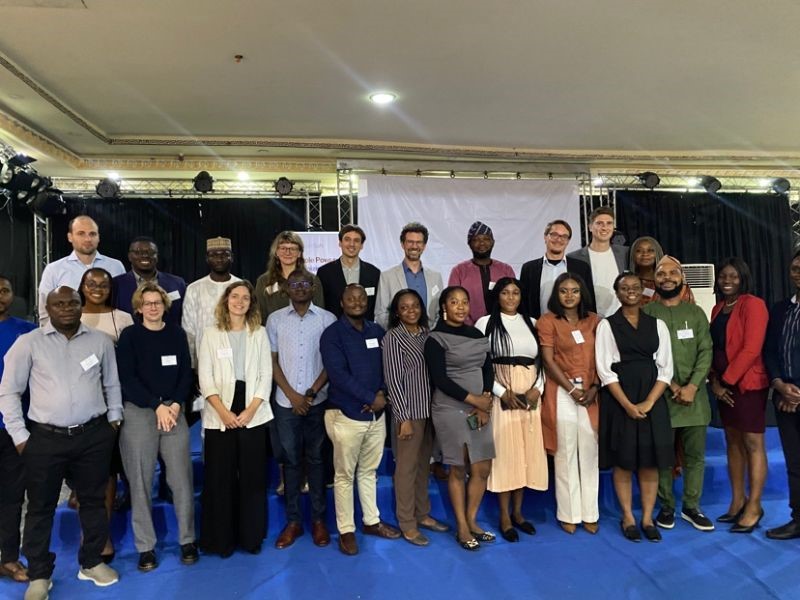Building capacity among the next generation of Nigerian off-grid solar practitioners

The Nigeria Off-grid Solar Knowledge Hub functions as a wiki platform where all users can actively contribute or edit content
Did you know that Nigeria is the country with the largest electricity access deficit in the world? An estimated 86 million Nigerians live without access to affordable, reliable and sustainable electricity. This, coupled with the strong reliance on expensive and polluting diesel and petrol generators, impacts all aspects of society, from rural livelihoods to exports.
The Nigerian off-grid solar sector is highly dynamic and has experienced substantial growth in the past decade. However, a significant skills gap remains. A range of capacity-building programmes are emerging to train a new generation of entrepreneurs and practitioners on all aspects of off-grid electrification, from mini grid design to electrification planning.

The Knowledge Hub has been developed within the PeopleSuN project, a collaboration of Nigerian and German institutions, including the Clean Technology Hub, Nigeria’s Rural Electrification Agency, Wuppertal Institute, Reiner Lemoine Institute and Energypedia.
The recently launched Nigeria Off-grid Solar Knowledge Hub is dedicated to closing the skills gap in Nigeria’s off-grid solar sector. It aims to accelerate knowledge exchange and complement capacity building efforts by providing curated guidance, tools and a wide range of resources relevant to the needs of Nigerian practitioners. The hub targets primarily the knowledge needs of early-stage off-grid solar businesses, but also those of communities, financiers, researchers, and other key stakeholders.
The Knowledge Hub is open access and also collaborative: hosted by Energypedia and managed by the Clean Technology Hub, it functions as a wiki platform where all users can actively contribute or edit content, sharing their knowledge with others.
Ultimately, the hub aspires to support the design and implementation of financially viable and inclusive off-grid power interventions in underserved areas across Nigeria. To this end, the hub takes a whole-system approach and covers 6 key dimensions that are crucial to the success and long-term sustainability of off-grid solar interventions: First, comprehensively understand user needs, disaggregated by gender, using qualitative and quantitative approaches. Then, estimate demand for electricity on the basis of the identified needs of different users. Next, design a robust supply infrastructure that can efficiently meet demand and stimulate its growth, craft a sustainable business model, and ensure financial feasibility. In parallel, navigate and comply with pertinent policies and regulations.
A lot has been learnt on what works and what doesn’t in the path towards inclusive and sustainable off-grid interventions. Knowledge-sharing platforms that are context-specific can accelerate the building of a skilled off-grid solar workforce and help us achieve SDG7. We encourage you to visit the new Nigeria Off-grid Solar Knowledge Hub and create your Energypedia account to start contributing!
